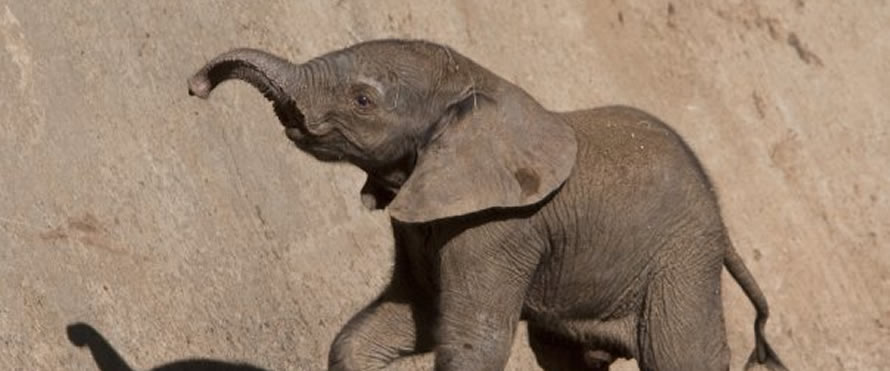
The Sunday News

 Kay Kaseke Sunday News Reporter
Kay Kaseke Sunday News Reporter
GOVERNMENT is investigating a scandal involving the smuggling of elephant calves amid reports of renewed attempts by Australian nationals working hand in glove with locals to smuggle them to China via Dubai, Sunday News can reveal. According to a report in possession of the Sunday News there have been renewed attempts to smuggle the baby elephants to private zoos in China.
Zimbabwe Conservation Task Force chairman, Mr Johnny Rodrigues, said in a report dated 23 March 2014, that they had received disturbing reports that an Australian national in collaboration with locals was hunting for baby elephants with the intention of smuggling them to China.
“We have received a very disturbing report that an Australian man working with a Zimbabwean is searching for baby elephants in order to sell them to Chinese zoos. We have their names but we are withholding them to allow for our investigations,” he said.
He said when transporting the elephants they embalm them to make them look like statues and orally give them tranquilisers to keep them sedated for very long periods of time.
“They don’t dart them but feed them the tranquiliser orally to keep them sedated for a long period. They are then loaded into a cargo plane where they travel for close to 20 hours to Dubai then another 10 from Dubai to China while disguised as statues,” he said.
A source privy to the goings on revealed that from the investigations they had carried out, they had discovered that there were actually two named Australians, but arrests had not yet been made as the two men could not be located.
“We know them but all I can say is that we are not able to locate them at the moment,” he said.
He said further investigations were being conducted and they had since discovered that the group was targeting Hwange and Gonarezhou national parks.
“They are targeting the Hwange National Park and they are using the locals to capture those baby elephants. They successfully moved the other elephant calves last year and they are here to pick up the rest of them,” he said.
Ms Sharon Pincott, who runs the Presidential herd project, said there were baby elephants that were smuggled to China last year adding that there had been failed attempts afterwards to smuggle more calves out of the country.
“Baby elephants were indeed captured and shipped to China from Zimbabwe last year. There was a huge public outcry about it at the time since some of them didn’t survive. They also tagged others with the intention of shipping them on their next trip. They left them in the country (but now away from their mothers and families). Right now, if you’re interested in elephants, you can also speak to Johnny about the battles at the moment to try and save Zimbabwe’s flagship herd of elephants,” she said.
He said the men entered the country under the pretext of being tourists but they were trying to make deals to have the calves exported to China.
National Parks and Wildlife Management Authority chief public relations officer Ms Caroline Washaya – Moyo said she could not give a full comment as investigations were still under way.
“It is too early for me to comment on that. Investigations are still under way and we will release our findings once the investigations are complete,” she said.
More than 100 elephants died after poachers used salt laced with cyanide to poison water bodies in Hwange National Park last year. Hwange National Park last year in November had more than 45 000 elephants against a holding capacity of 14 600. The national elephant population is about 100 000 with a growth rate of about five percent and of this Hwange National Park and its environs alone hold about 50 000 while Mid-Zambezi Valley, Sebungwe and the South East Lowveld hold 30 000, 15 000 and 5 000 respectively.
These figures are based on aerial surveys undertaken jointly by the Zimbabwe Parks and Wildlife Management Authority and World Wide Fund for Nature (WWF). Africa has lost 75 percent of its elephant population to poaching.



